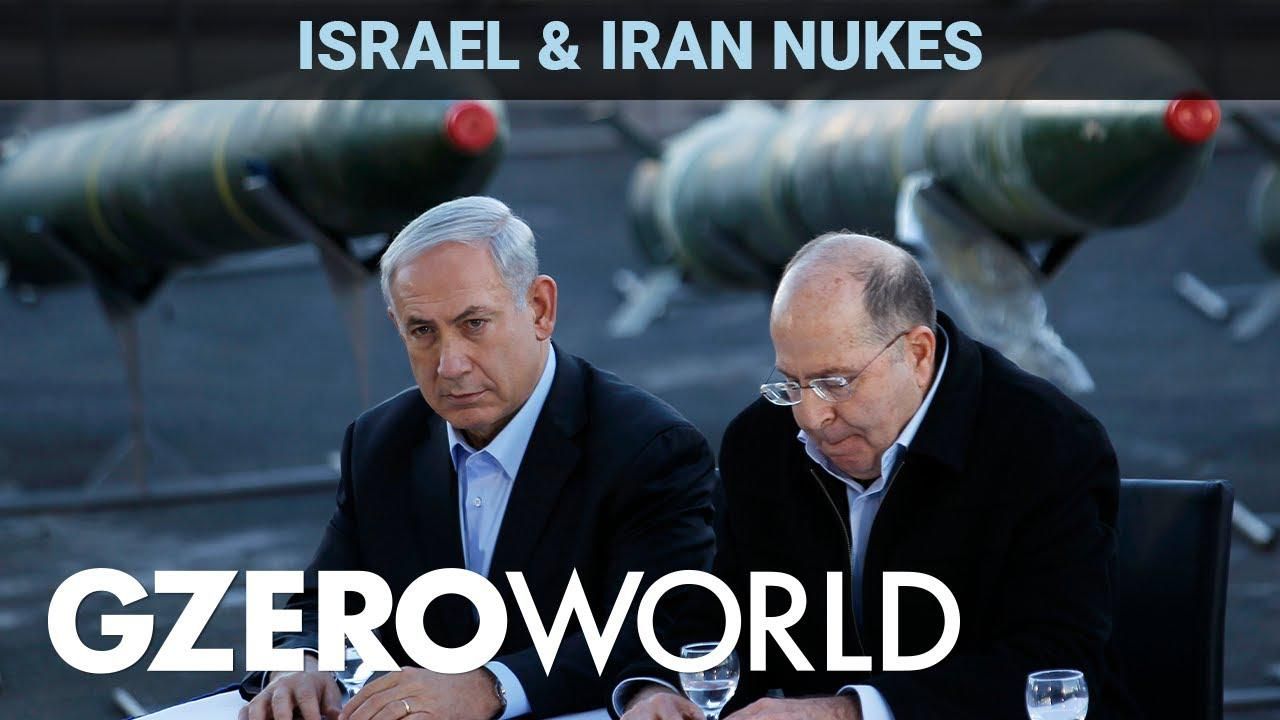GZERO World Clips
Why Israel now supports an Iran nuclear deal

Why Israel Now Supports an Iran Nuclear Deal | GZERO World

Israel fiercely opposed the 2015 Iran nuclear deal, but now is not so against it as it was before.
Why?
Ali Vaez, Iran project director at the International Crisis Group, says the Israelis have realized that a no-deal scenario doesn't serve the country's interest — and that the Trump administration's 2018 withdrawal was a mistake because it brought Iran closer to getting the bomb.
And why does Israel get to have nukes but not Iran?
"Well, international relations is about double standards, right?"
Watch the GZERO World episode: Iran nuclear deal 2.0, or war?
Prime Minister Narendra Modi, with President of the European Council António Luís Santos da Costa, and President of the European Commission Ursula von der Leyen, at Hyderabad House, in New Delhi, India, on Jan. 27, 2026.
On Tuesday, the world’s largest single market and the world’s most populous country cinched a deal that will slash or reduce tariffs on the vast majority of the products they trade.
Canadian Prime Minister Mark Carney has repeatedly tussled with US President Donald Trump, whereas Mexican President Claudia Sheinbaum has tried to placate him. The discrepancy raises questions about the best way to approach the US leader.
10,000: The number of Hamas officers that the militant group reportedly wants to incorporate into the US-backed Palestinian administration for Gaza, in the form of a police force.
Walmart is investing $350 billion in US manufacturing. Over two-thirds of the products Walmart buys are made, grown, or assembled in America, like healthy dried fruit from The Ugly Co. The sustainable fruit is sourced directly from fourth-generation farmers in Farmersville, California, and delivered to your neighborhood Walmart shelves. Discover how Walmart's investment is supporting communities and fueling jobs across the nation.